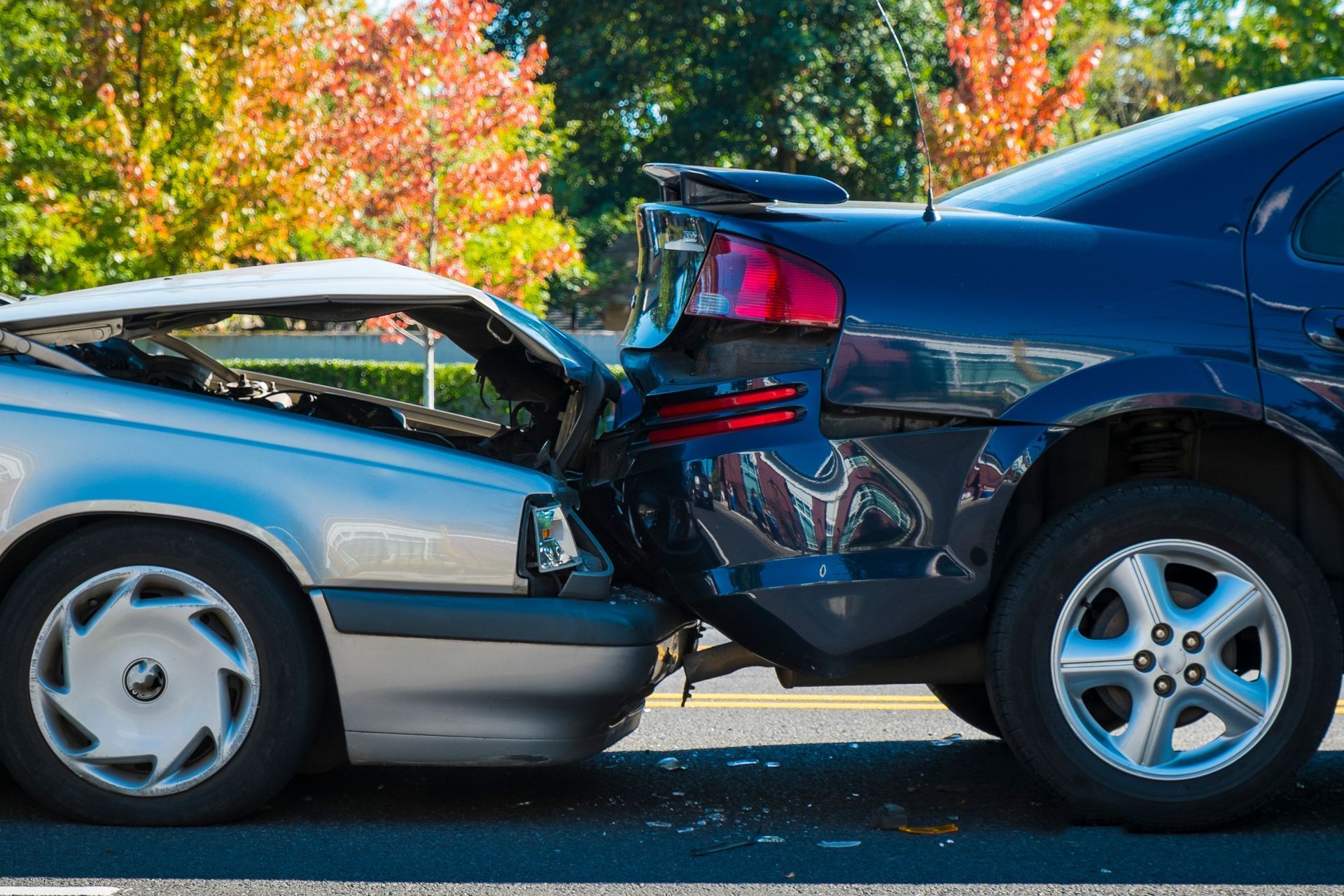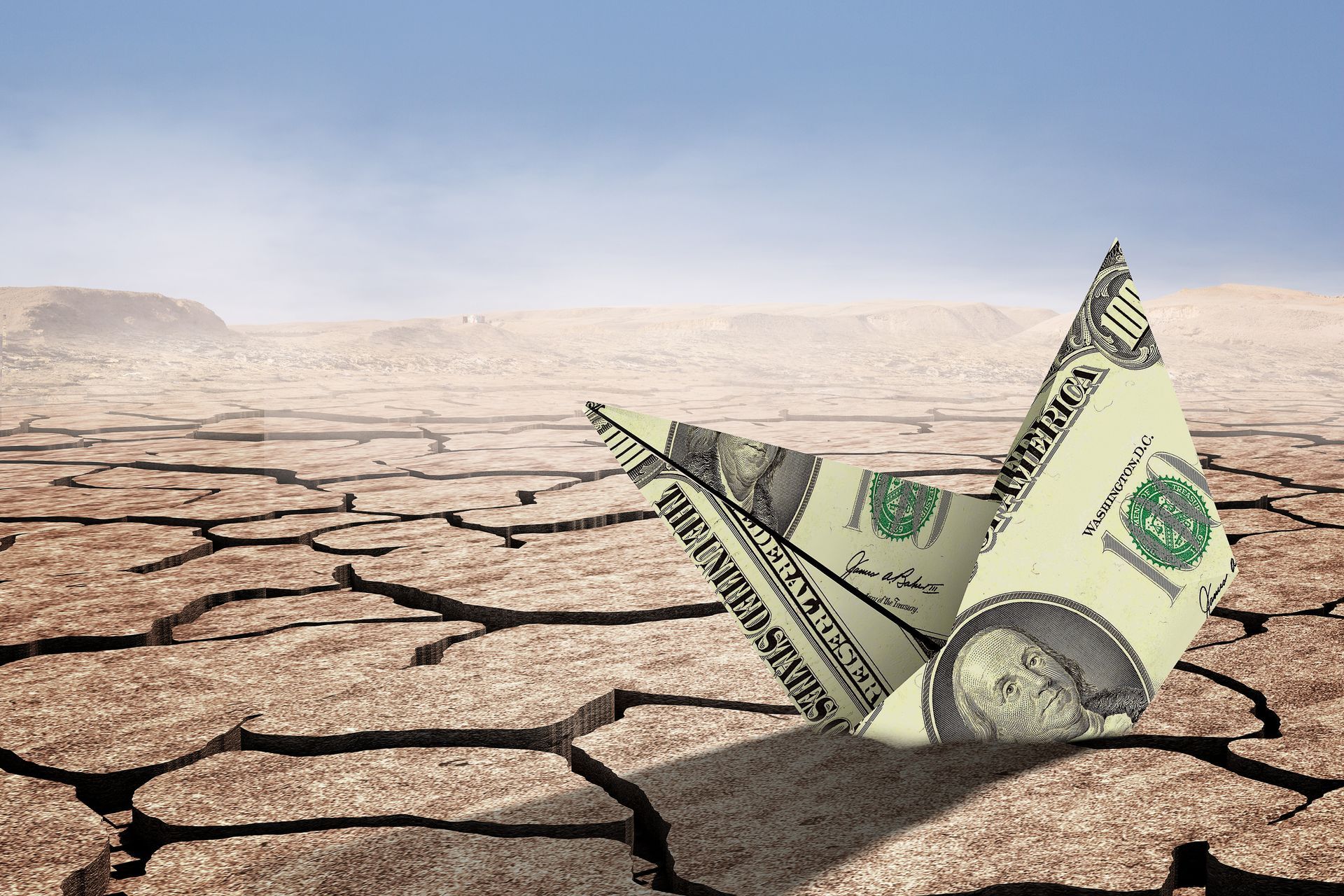Contact Us
Phone: 757-895-7369
Location
751 Thimble Shoals Blvd.
Suite E
Newport News, Virginia 23606
Hours
- Mon - Fri
- -
- Sat - Sun
- Closed
Virginia's Statute of Limitations for Personal Injury Claims
Virginia's Statute of Limitations for Personal Injury Claims
When you are injured due to someone else’s negligence, timing is one of the most important factors in pursuing your case. In Virginia, the statute of limitations for personal injury claims dictates how long you must file a lawsuit after an accident or injury. Missing this deadline could result in losing your ability to seek compensation for your damages. At Casey Legal, P.C. in Newport News, Virginia, we are committed to helping you pursue justice within the time limits set by Virginia law.
What Is the Statute of Limitations?
The statute of limitations refers to the legal deadline for filing a lawsuit. In Virginia, the statute of limitations for most personal injury claims is two years from the date of the injury or accident. This means that if you are injured in an accident such as a car crash, slip and fall, or any other type of incident, you must file your claim within two years. Failing to do so can bar you from seeking compensation for your injuries and other damages.
Why Is the Statute of Limitations Important?
The statute of limitations plays a critical role in the legal process by ensuring that cases are handled in a timely manner. It helps ensure that evidence is preserved, witnesses’ memories remain fresh, and the legal process moves forward efficiently. Without a statute of limitations, there would be no time limit for bringing claims, which could result in disputes dragging on for years or even decades, making it harder to resolve matters fairly. The two-year time frame encourages individuals to take action quickly and ensures that cases are resolved without unnecessary delays.
Exceptions to the Two-Year Deadline
Although the general rule in Virginia is a two-year deadline, some exceptions could affect the time frame for filing a personal injury claim. For instance, if the injured party is a minor, the statute of limitations is extended until they reach the age of 18. Additionally, Virginia law recognizes the "discovery rule," which applies in cases where the injury is not immediately apparent, such as in cases of exposure to toxic substances. In these situations, the statute of limitations may not begin until the injury is discovered, rather than when it originally occurred. If the defendant in a case is out of state at the time the lawsuit is filed, the statute of limitations may also be extended to account for the defendant’s absence. These exceptions can be complex, so seeking legal advice is important to determine if any apply to your case.
What Happens if You Miss the Statute of Limitations?
If you miss the statute of limitations deadline for your personal injury claim, you will likely lose your right to pursue compensation for your injuries. In most cases, the defendant can request that the court dismiss your case, and the judge will likely grant that motion. This is why it is so important to take action as soon as possible after being injured, in order to preserve your right to pursue legal action and secure the compensation you deserve. By addressing the issue promptly, you can avoid the serious consequences of missing the deadline.
How a Personal Injury Lawyer Can Help
An experienced personal injury attorney can assist you in ensuring that you meet all the legal deadlines for your case. At Casey Legal, P.C., we are committed to helping victims of accidents and injuries in Newport News, Virginia, get the compensation they deserve. Our team will work with you to gather the necessary evidence, identify key witnesses, and file your claim on time. By working with a skilled attorney, you can have peace of mind knowing that the important details of your case are being handled properly.
Virginia’s statute of limitations for personal injury claims is an important aspect of the legal process, and you must act within the time limits set by law. Whether you’ve been involved in a car accident, suffered a workplace injury, or experienced another type of accident, you need to take action as soon as possible. If you are dealing with an injury in Newport News, Virginia, contact Casey Legal, P.C. today. We will help you meet the necessary deadlines and ensure that you take the right steps toward securing the compensation you deserve.



Schedule a Case Evaluation
Contact us now!
Homepage FCE Form
We will get back to you as soon as possible.
Please try again later.
By submitting this form, you agree to be contacted by our law firm, either by phone, text or by email.
Hours
- Mon - Fri
- -
- Sat - Sun
- Closed
Disclaimer: The information on this website is for general information purposes only. Nothing on this site should be taken as legal advice for any individual case or situation. This information is not intended to create, and receipt or viewing does not constitute an attorney-client relationship.
All Rights Reserved | Casey Legal, P.C. | Powered By Convert It Marketing | Privacy Policy
All Rights Reserved | Casey Legal, P.C. | Powered By Convert It Marketing | Privacy Policy






